As I grew up, I was told one thing: I am African, not African American. Although as I looked at my darkened skin and my distinctive features and compared them to those who were supposedly different from me and were “African American,” our features weren’t similar, they were one and the same.
The African diaspora is the overall collective of communities who descended from people from Africa. The diaspora is a mix of beautiful cultures — being a collective of many values, traditions, beliefs, behaviors, varying identities, and much more. But despite that, a line of division has been drawn between. The division’s origin arises from diaspora wars. Diaspora wars, also known as cross-cultural conflicts, are the rising conflicts amongst diasporic groups that create a negative impact on our communities, creating disunity.
Being Black in America is not an easy experience whatsoever. But being Black is also an extremely confusing experience. You can be born to African parents in America, but you are not African American, you are Black. But you may not feel aligned with that term, so you are “African.” But due to America’s skewed perception, you are “Black” once again.
Growing up African, I have grown up with different customs, beliefs and behaviors that have been passed down from generation to generation; someone with Black parents who were born in the United States and only have African ancestry would also have different beliefs and customs in comparison to mine. But the problem that arises between the diaspora of the Black community is the invalidation of cultures.
The definition of African American is a Black American of African descent. African Americans are born in America with their ancestors being descended from Africans or otherwise slaves from the Transatlantic slave trade. The Transatlantic slave trade was the transportation of 10 to 12 million enslaved African people to the Americas. But that definition barely touches the surface of the horrors that enslaved Africans had to go through. The Transatlantic Slave Trade really represents one of the most violent and horrific eras in world history. Slaves were robbed of human rights and were abused, raped and killed. Taken from their homes, they had to adapt to a new land to survive. As a result of the Transatlantic Slave Trade and colonialism, new cultures were formed. When slave owners attempted to strip African culture from their slaves, retention of significant elements of traditional culture among Africans was facilitated by slaves verbally, musically and also through writing. African American culture evolved from descendants from the slave trade and has now become one of the most widespread and influential cultures in America, yet is one of the most invalidated ones due to the differences when compared to other cultures.
Differences between cultures can range from religious beliefs and practices, behaviors, traditions. Due to these differences between African Americans and others of the African diaspora, they can cause different parts of the diaspora to clash, because we all are centered on our own cultures, and naturally, people judge something that is unfamiliar or different than what they are used to, painting the fact that one definite reason for diaspora wars is invalidation of each others’ cultures.
As well as cultures, there are other things that make up identity, like traits. There are negative and positive traits that can be attached to groups in the African diaspora, and the traits that are usually associated to groups are negative and are otherwise known as stereotypes. As I have grown up African, some stereotypes that I have heard about African Americans are that they are “troublemakers” and “unclassy” as well as “full of attitude.” Some stereotypes that I have heard about Africans are that we are “smelly” and “poverty-stricken.” These negative stereotypes are one of many reasons why disunity exists in the African diaspora. But the main reason for the amount of disunity is tied to the very basis of diaspora wars as a whole: white supremacy.
White supremacy can be defined by the social, economic, and political systems that collectively enable white people to maintain power over people of other races. Throughout history, white people have oppressed people of color, but especially Black people, for decades upon decades. Although slavery has been abolished, white supremacy is embedded in the entirety of all cultures. Especially in the African diaspora.
One tool of white supremacy is media portrayal. Black people, regardless of culture and ethnicity, have been demonized by mass media. The negative stereotypes that can be found attached to groups that have influenced our views of other Black individuals originated from white supremacists who believed in it first, and should we continue to further believe in them and push those stereotypes, we continue to draw the lines of division that originally were drawn by white supremacy.
Because of media portrayal, a superiority complex has been attached to each culture in regards to one another. One example of this is that African people may think that they are better than African Americans because they know where they come from and have strong cultural ties. This thinking is pointless. It only discredits African Americans and Black history. African American culture is just as rich as African culture and both cultures, while they have their differences, share multiple elements originating from the same very foundation of all African diaspora groups: Africa.
Because of the Transatlantic Slave Trade, Africa was left in a state of destabilization and vulnerability which led to more conquest and violence for centuries. Africa continued to be colonized, and you can still find the effects of colonialism in Africa, even now. When I went to Africa this past year, besides the native language, the other majorly spoken language was French. That is an example of the lasting effects of colonialism on African groups and with the African diaspora spanning six continents, despite all of our differences, we all share something in common: a history of colonial oppression. Yet we continue to fight and invalidate one another when the real enemy is white supremacy and its historical oppression.
African Diaspora wars have gone on for long enough. Competing and fighting with one another has done nothing but separate us as a community. In order to create unity, we must look past our superiority complexes, accept our differences, and look at what makes up all of us: our blackness. While my culture may be different from my African American peers, our skin and features is what makes us, not similar, but the same. As long as we are at war with one another, we may never be free from the shackles of racism our ancestors were once chained to. To break free, we must come together and draw a new boundary, eliminating colonialism so we may live like how our ancestors did before the horrific terrors that reached them: united.

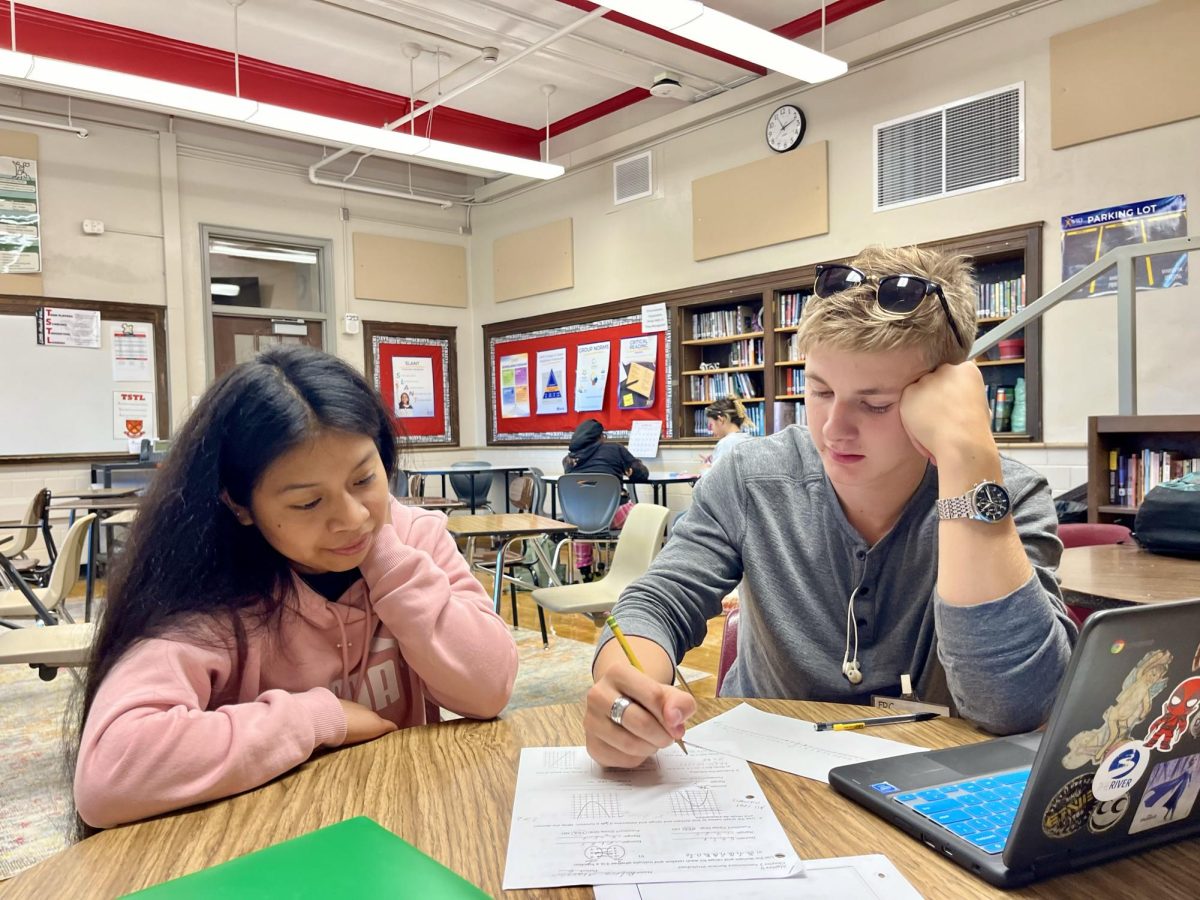



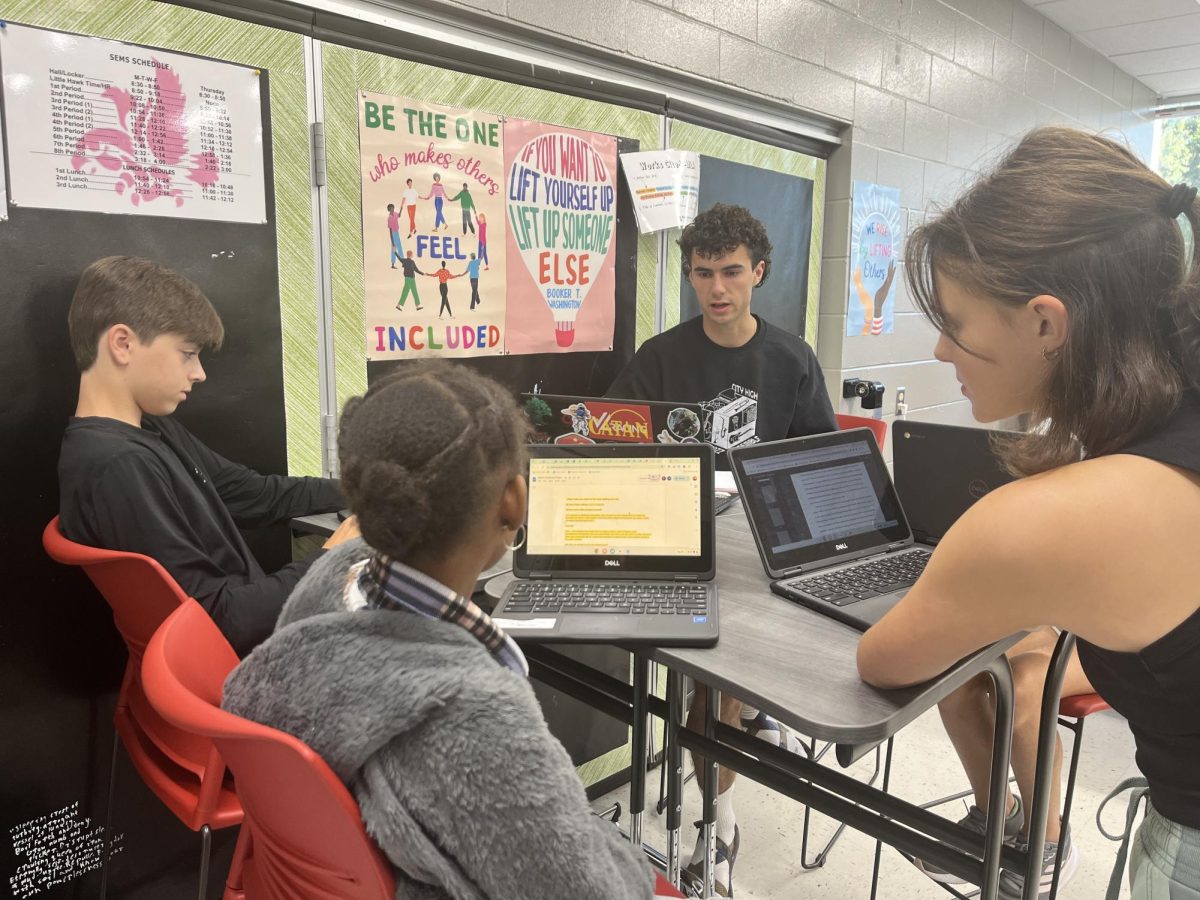

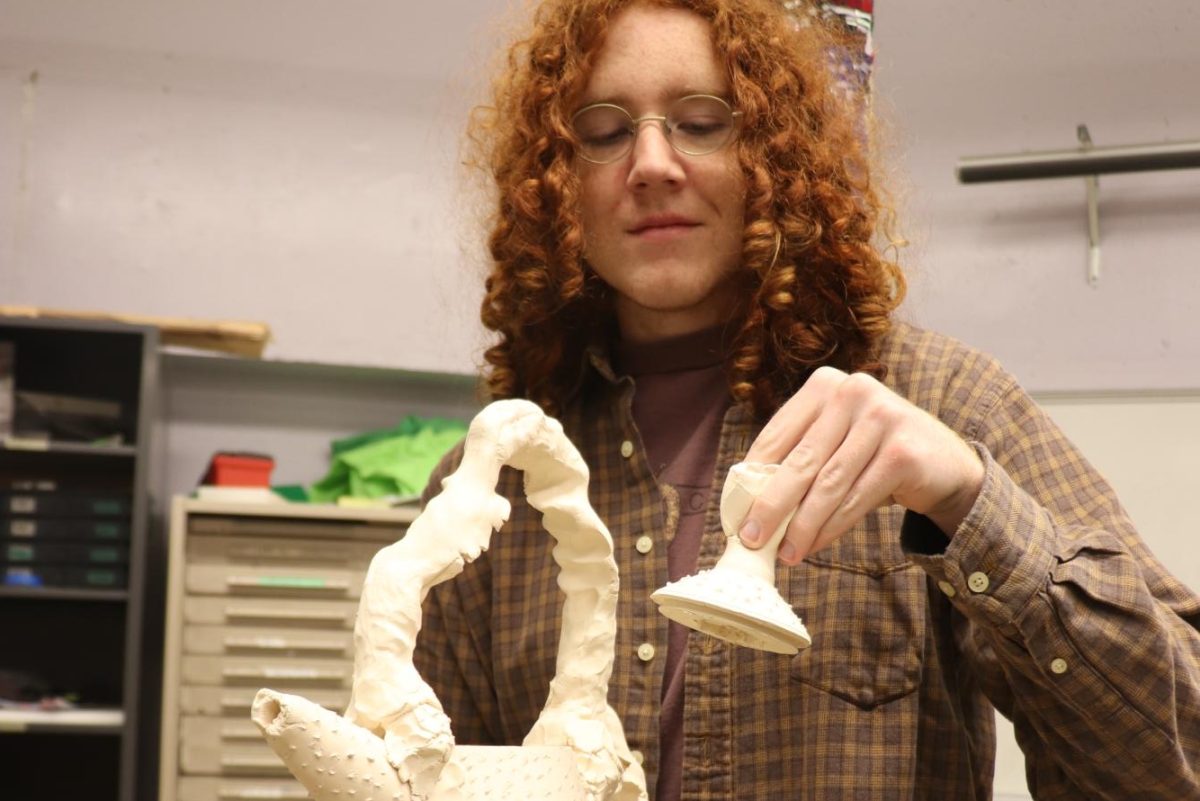



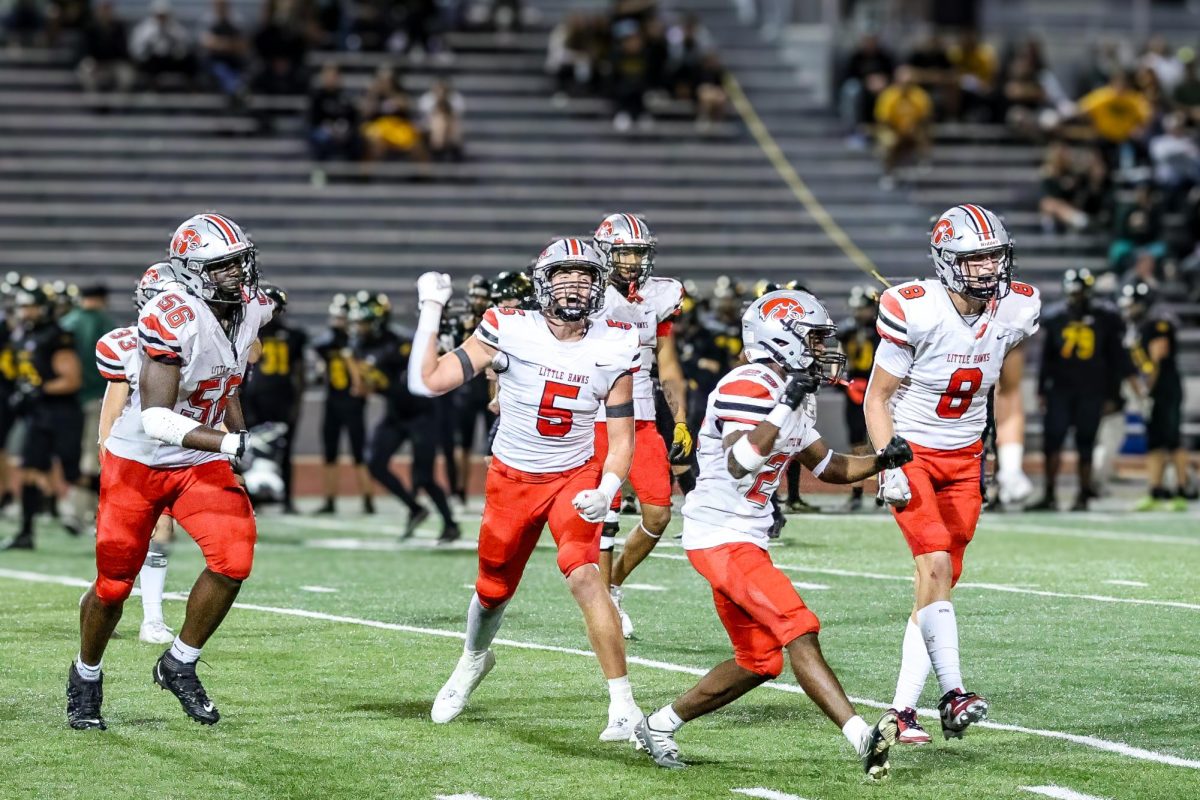
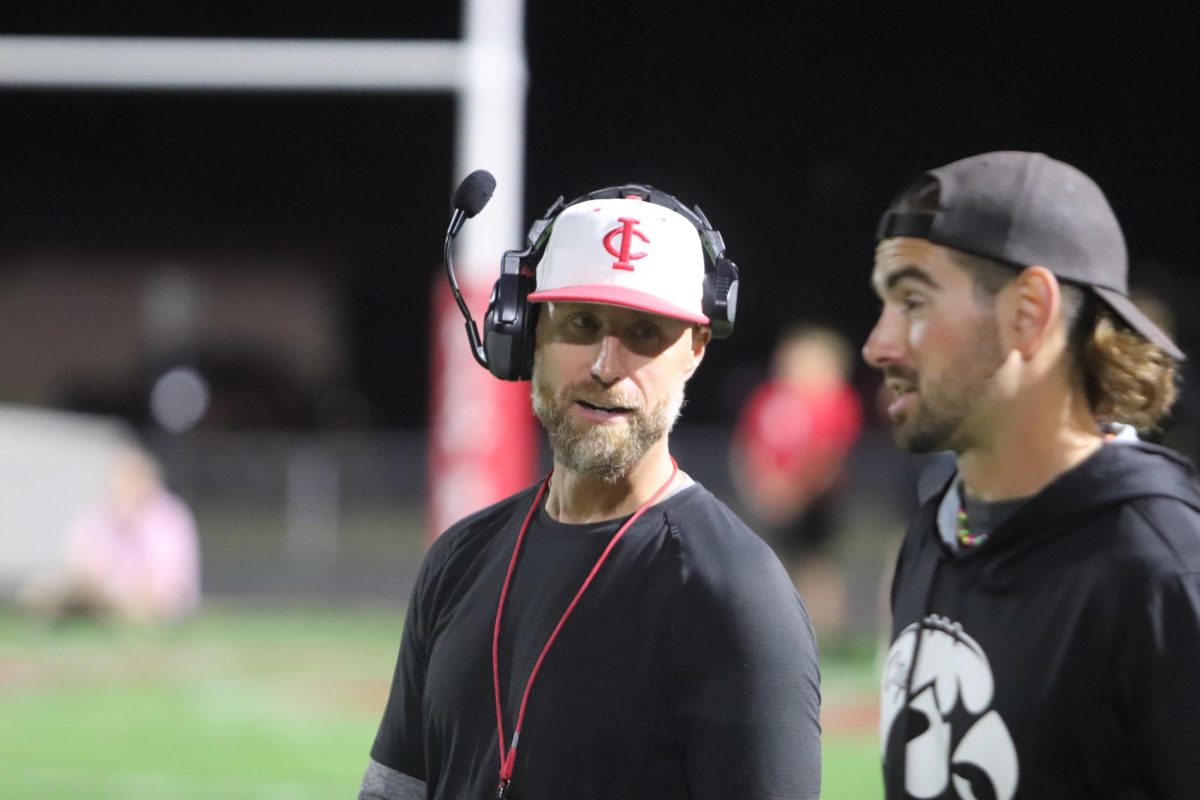

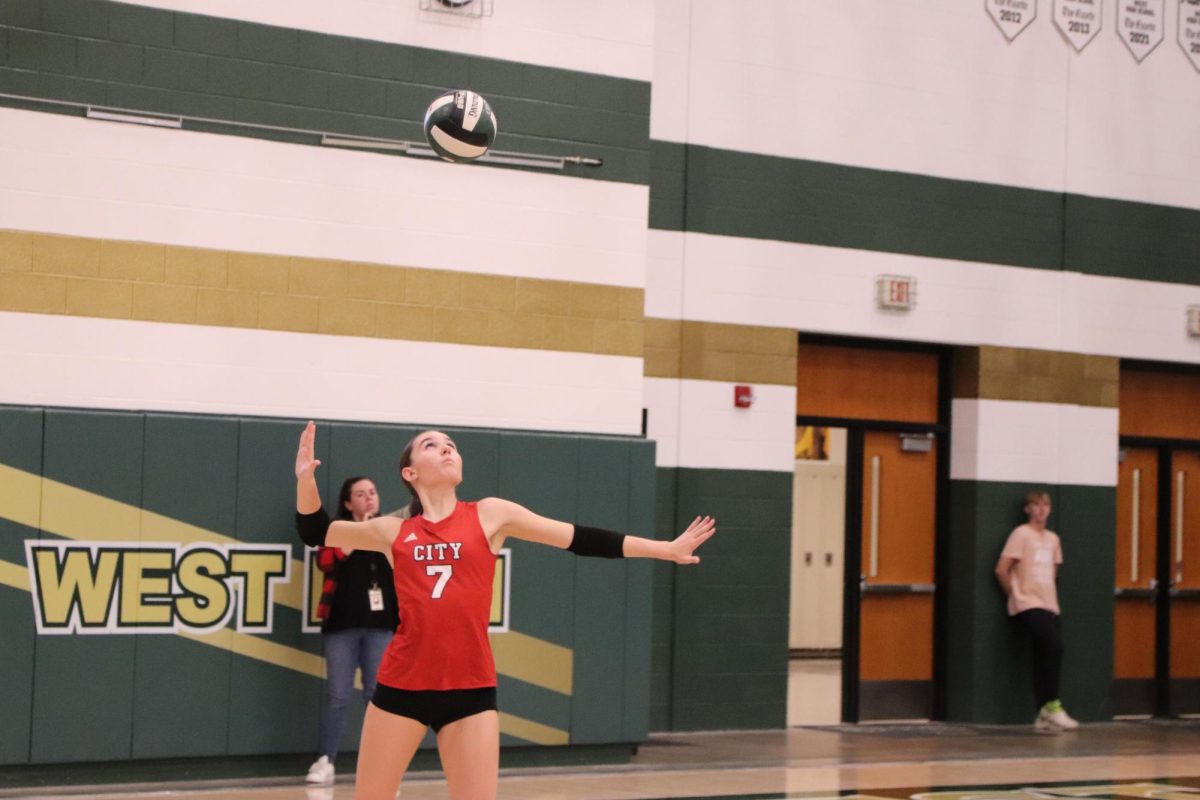

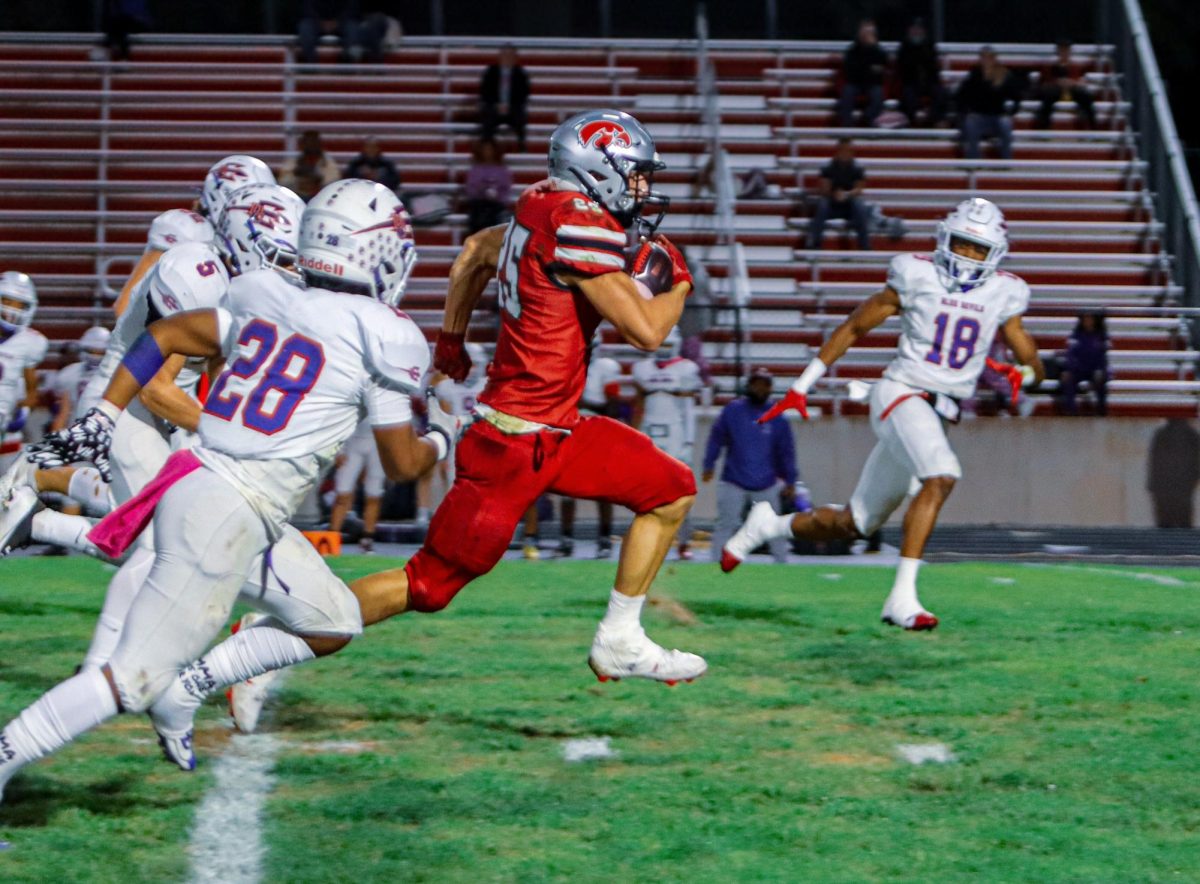
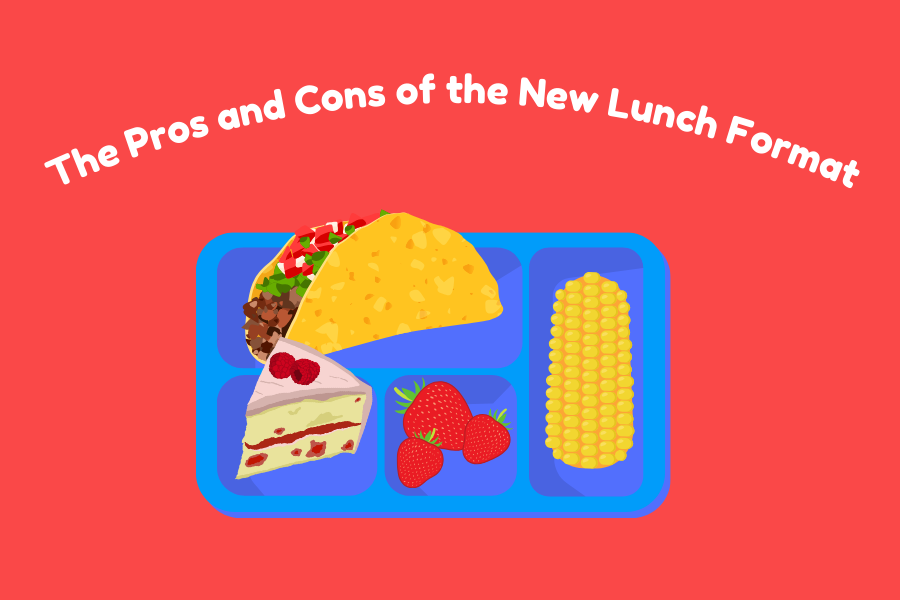



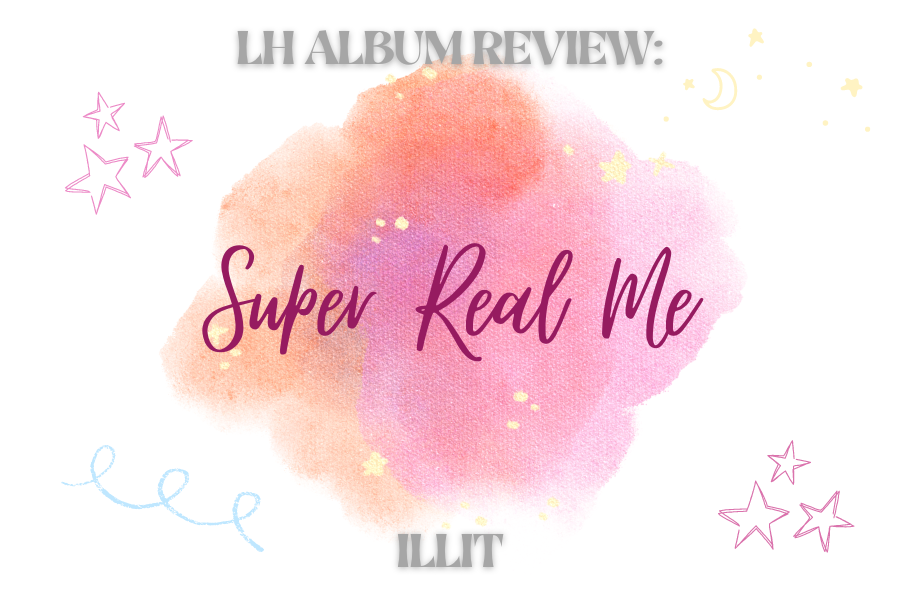


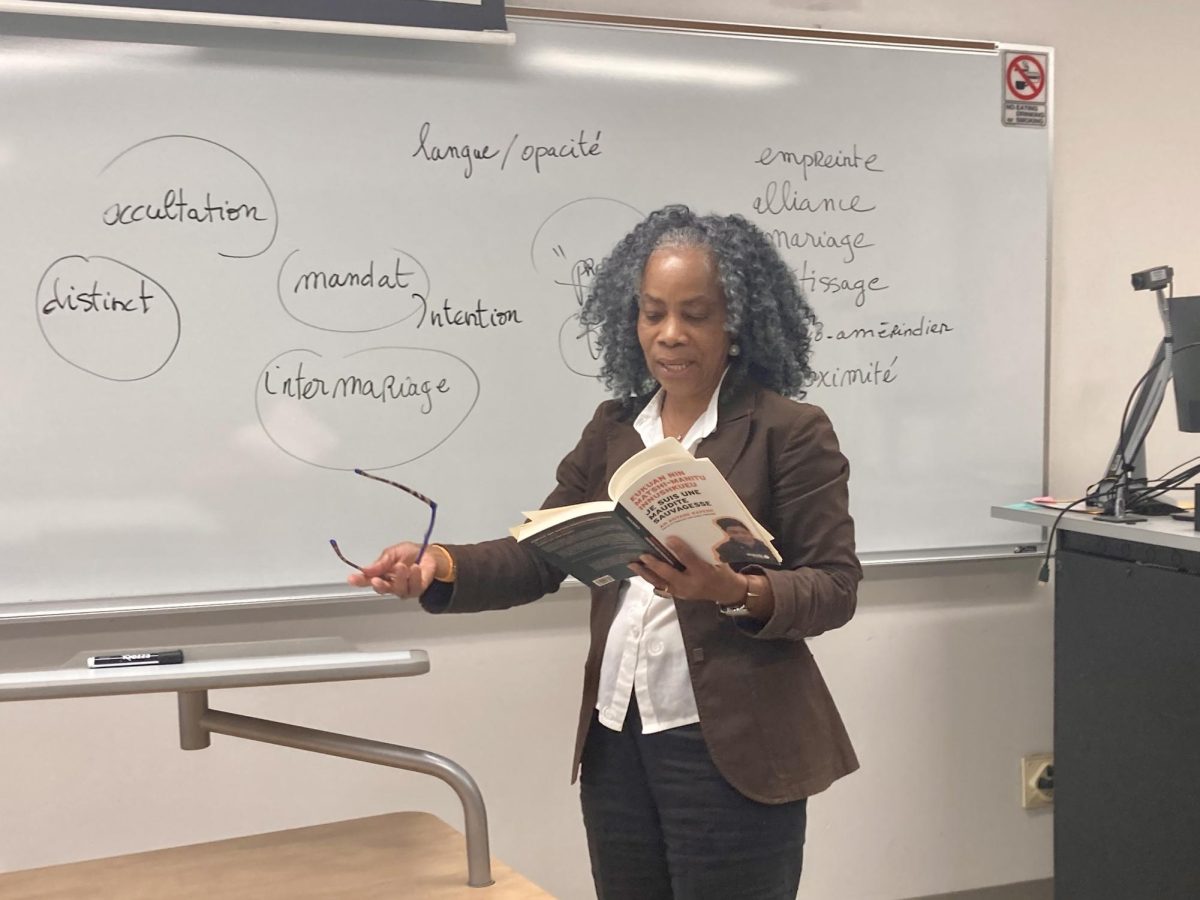


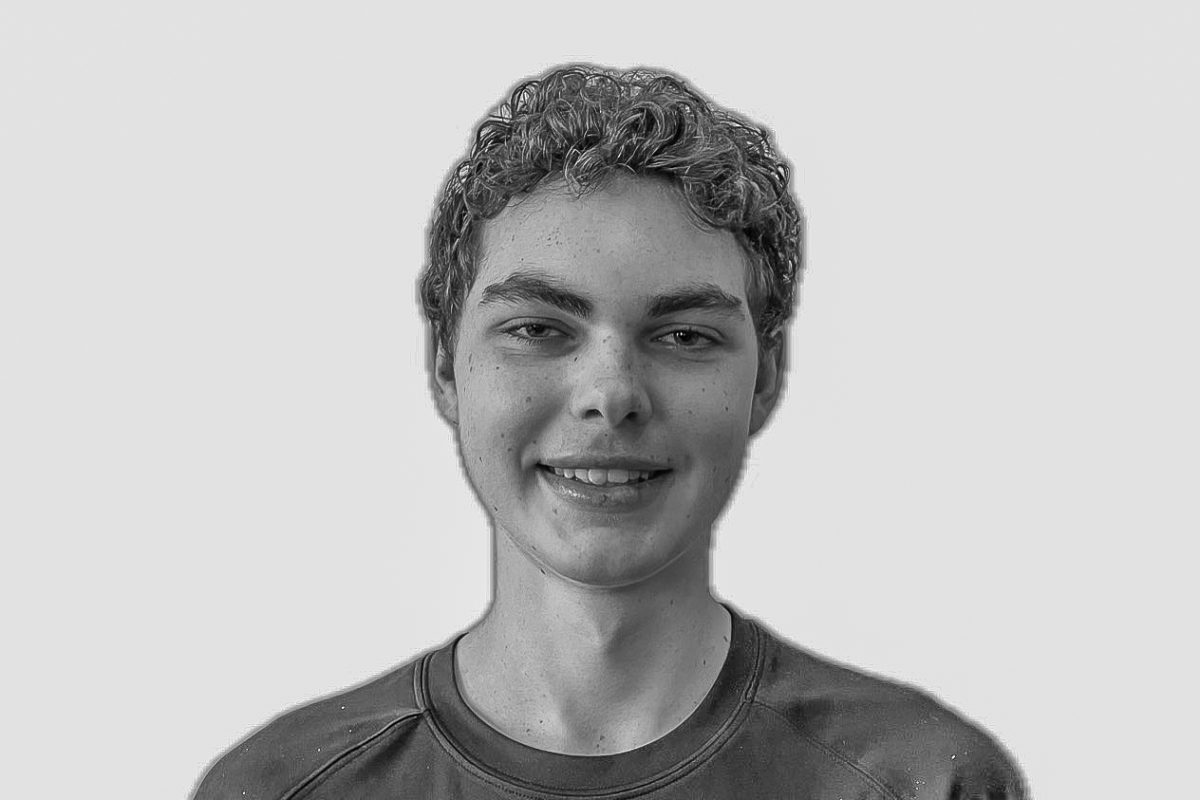



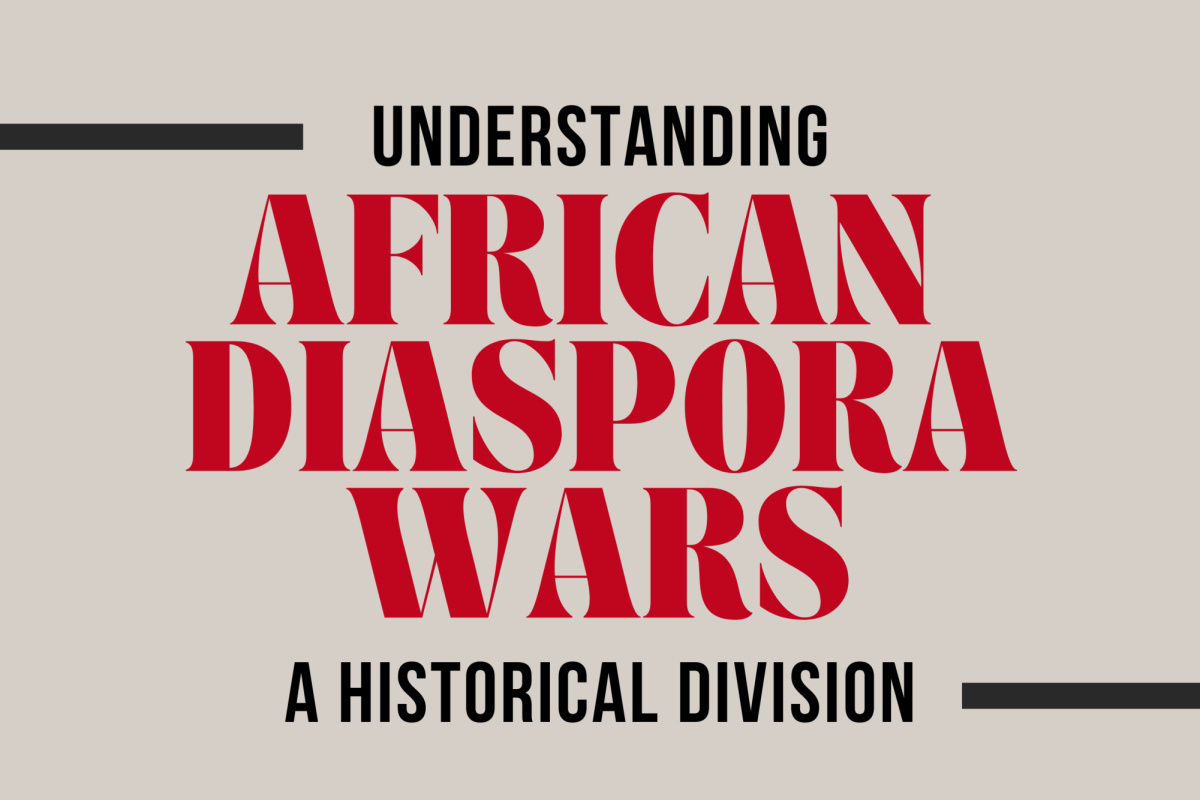


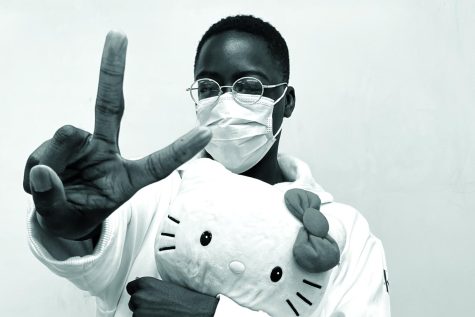
Franed • Jun 30, 2024 at 7:48 am
Good observation. Education is the key. A lot of African Americans need to to be educated about their history and be proud of their heritage which is rich in culture. Association can make a difference, such as learning to cook African food, traveling to Africa also, creates cultural understanding.
ANDREA LIGE • Oct 17, 2024 at 6:02 am
Stop generalizing. african americans know thier history and are very proud of it. However I wish some africans would learn more about african americans maybe that would stop the pointless generalizing. This was a great article your comment was not.